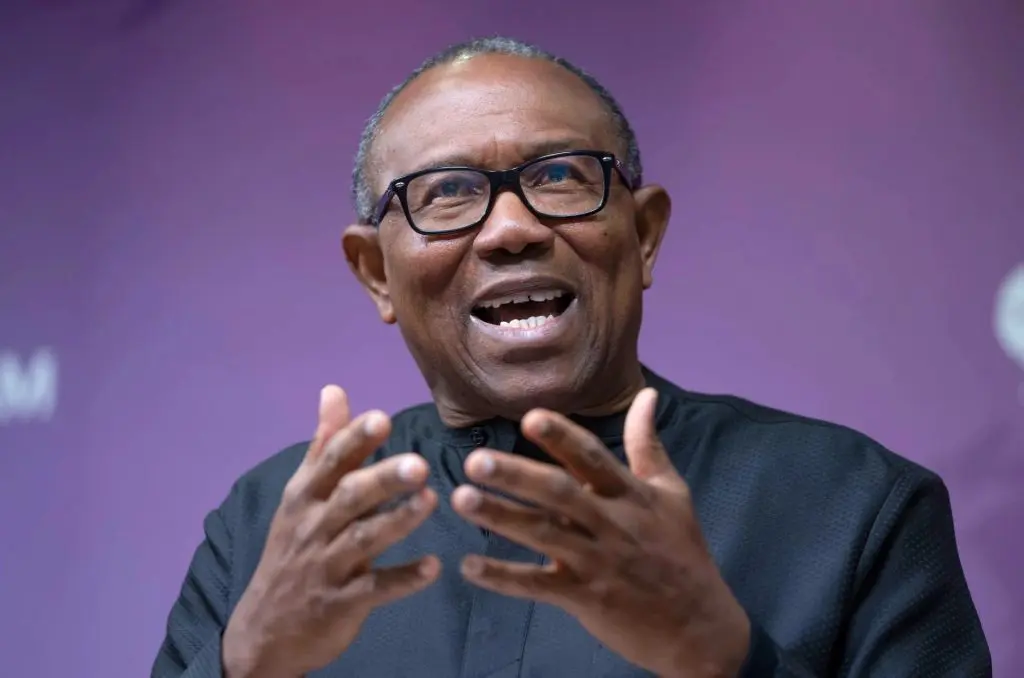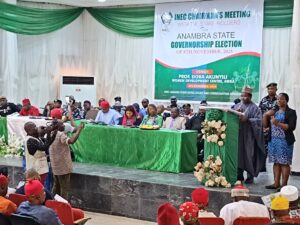Peter Obi, the former Labour Party presidential candidate and prominent opposition figure, has stirred up political conversation once again. His repeated promise to serve just a single four-year term if elected president in 2027 is gaining attention—especially among Northern political leaders, some of whom are skeptical of his intentions.
Obi recently doubled down on this commitment, declaring that he will not seek re-election if given the opportunity to lead the country. He described the promise as “sacrosanct,” insisting that his word is his bond. The former Anambra State governor acknowledged that trust in Nigerian politicians is low, but he believes integrity is still possible in leadership.
However, not everyone is convinced. Hakeem Baba-Ahmed, a former political adviser to President Bola Tinubu, said that in today’s Nigeria, anything can happen. He pointed out that politicians often go back on their promises and urged citizens to demand more from all presidential hopefuls ahead of the 2027 election. According to him, it’s time for Nigerians to start asking hard questions—about security, cost of living, education, and healthcare—so that leaders will present concrete solutions and not just vague promises.
Baba-Ahmed further advised that Nigerians should be more careful when selecting their next president and governors. In his view, the country needs leaders who are honest, capable, and determined to serve the people rather than chase power. He believes that four years is enough for any serious leader to make a difference, provided they come with the right mindset and a strong team.
Still, the North remains doubtful about Obi’s one-term plan. Anthony Sani, former Secretary General of the Arewa Consultative Forum, argued that Obi’s promise isn’t based on a desire to serve better but on political strategy. According to Sani, it’s all about zoning. He believes Obi is offering a one-term presidency so the North can regain power in 2031—since Tinubu, another southerner, would only be eligible for one more term if re-elected.
Sani pointed out that unlike Tinubu, Obi still has the constitutional right to run for two full terms. This makes Northern stakeholders more likely to support Tinubu, whose term would end in 2031, rather than trust that Obi would truly step down after four years. He suggested that Obi’s pledge is more about political convenience than performance goals.
He also added that such decisions are rarely personal. In politics, group interests often take the lead. Even if Obi wants to step down after one term, his political allies might convince him to run again. This uncertainty is why many in the North remain unconvinced by his promise.
Peter Obi’s one-term presidency pitch may sound appealing to voters who crave accountability, but whether or not Nigerians—and especially the North—can trust him to stick to it remains a hot topic as the 2027 elections draw closer.







